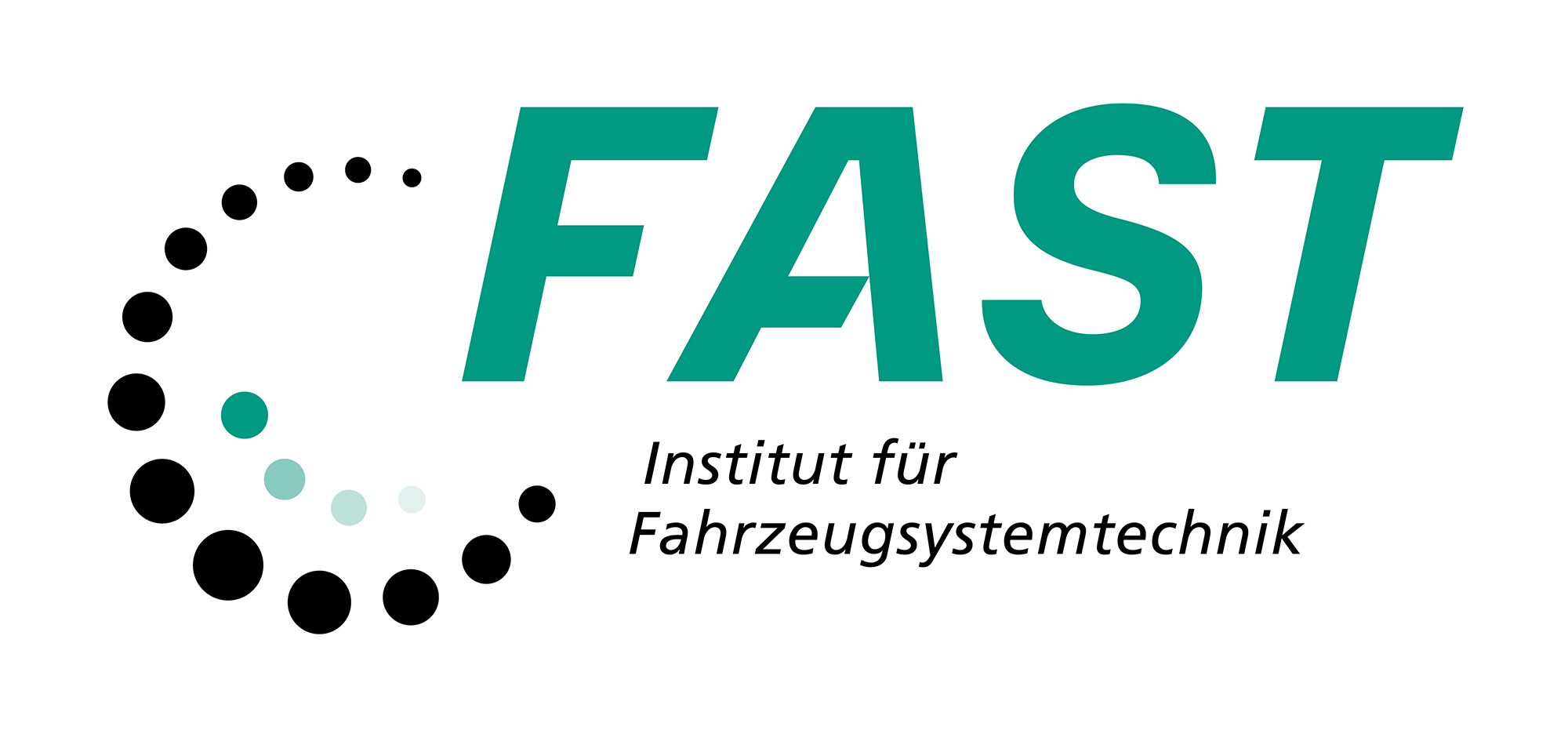Programming in CAE applications (PiCAE)

Workshop during the semester
The development of components supported by numerical simulations, e.g. by means of the finite element method (FEM), has become an indispensable part of modern engineering. They allow a virtual evaluation of different component variants and thus contribute to an efficient development. For the correct use of CAE methods and for the generation of reliable simulation results, knowledge of methodological backgrounds as well as a goal-oriented approach to model construction & simulation evaluation are indispensable. Recurring problems can be solved efficiently & automatically by programming sequence and evaluation scripts. The investigation of modern material systems such as continuous fiber reinforced plastics represents an additional challenge. For these complex materials there is often a lack of commercially available methods, which is why the implementation of own material models by suitable subroutines is increasingly necessary.
In this workshop, students learn about the everyday work of computational engineers. Step by step, the fundamentals of the finite element method are worked out using practical examples in Abaqus as well as typical procedures for model creation and evaluation. Building on this, basic knowledge of script programming in Python and the implementation of material models in Fortran subroutines is imparted. The aim of the course is to illustrate the contents in an application-oriented manner through a combination of lectures, guided lecture hall exercises and solving semester-long project tasks in small groups.
Contents:
-
Fundamentals of FE structure simulation with anisotropic materials using the example of continuous fiber reinforced plastics (ABAQUS).
-
Automated model construction and evaluation with PYTHON
-
Efficient evaluation of the result quality of FE simulations
-
Derivation of measures for the improvement of the structural load-bearing capacity
-
User-defined material modeling (FORTRAN subroutines)
Lecturers: Prof. Dr.-Ing. Luise Kärger (FAST-LB)
|
Language: German
|
Period: Winter semester
Lecture & lecture hall exercise: Tuesdays 15:45 - 17:15 Building 70.04, East Campus, Room 219
|
Outcome Assessment: Testate + final project (ungraded). Optional: oral examination (graded) |
Number of participants: Limited (probably 21 students)
Effort:
The workload for the course is 120 h per semester and consists of attendance in the lectures (21 h), working on exercises and tests at home (60 h) and carrying out a final project (39 h). This results in 2 SWS and 4 LP.
Recommendations for prior knowledge:
-
Basics of the finite element method (ideally with Abaqus).
-
Basic knowledge of continuum mechanics
-
Basics of programming
-
Basic knowledge of fibre reinforced plastics
Registration via Ilias.

